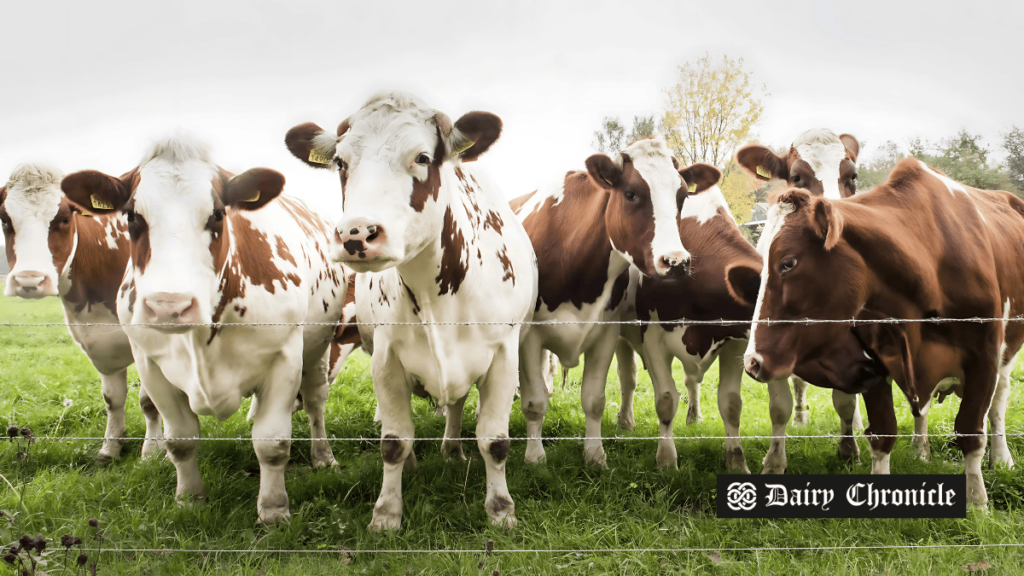Amid the stringent immigration policies under President Trump’s administration, the U.S. dairy industry faces a critical challenge due to its reliance on undocumented workers. With over half of the national workforce in the dairy sector being undocumented, mass deportations could disrupt the industry, raising concerns among dairy farmers and stakeholders about the future of the supply chain.
Amid the stringent immigration policies under President Trump’s administration, the U.S. dairy industry is facing a critical challenge. Over half of the national workforce in this sector consists of undocumented workers, many of whom play indispensable roles in sustaining daily operations, from farm management to animal care.
The shift toward more aggressive immigration enforcement has raised alarms among dairy farmers and industry leaders, who are now concerned about the potential mass deportations. This development threatens to disrupt the supply chain, impacting both the production and distribution of dairy products across the nation.
The Trump administration’s policies, particularly focused on the mass deportation of undocumented immigrants, could destabilize a system that has long been dependent on this workforce. The dairy industry is particularly vulnerable, given that undocumented workers make up a significant portion of the labor force, often taking up roles that are difficult to fill by the native workforce.
Dairy industry experts worry that the loss of these workers could lead to reduced productivity, higher labor costs, and potential price increases for consumers. As public displays of immigration enforcement escalate, the sector faces an uncertain future, with farmers and dairy business owners struggling to find solutions.
Industry leaders have called for a balance between effective immigration control and economic stability. The future of the U.S. dairy industry may depend on finding ways to address both the labor needs of the sector and the broader immigration challenges facing the country.



